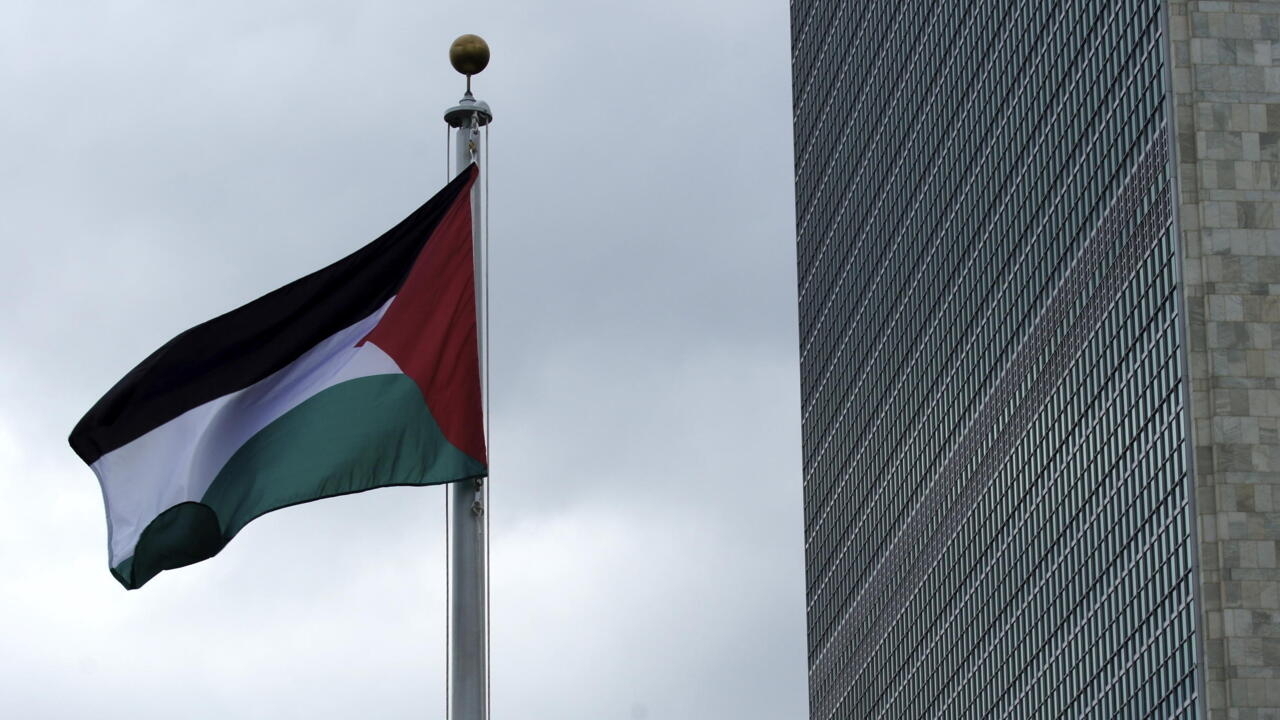
New Wave of Recognition: Palestine on the Eve of the UN General Assembly
A comprehensive overview of motivations, reactions, likely consequences, and challenges.
Introduction
The question of Palestine remains one of the most protracted and complex political and humanitarian disputes in the contemporary world. While more than 130 countries have already recognized Palestine as an independent state, several Western powers have historically refrained from doing so. On the eve of the annual United Nations General Assembly, a number of significant countries—including Australia, Belgium, the United Kingdom, and Canada—have announced their intent to formally recognize Palestine. This development could carry important implications for the future of the Israeli–Palestinian conflict and international diplomacy in the Middle East.
Why these countries are taking the step
Several interrelated factors appear to be motivating this new wave of recognition:
- Public pressure and humanitarian concern: Rising civilian casualties and widespread protests have put governments under domestic pressure to take a clearer stance on the crisis.
- Diplomatic strategy: Some governments view recognition as a lever to reinvigorate diplomacy, hoping that formal status will increase incentives for negotiations and restraint on unilateral measures.
- Alignment with international opinion: With a large majority of UN members already recognizing Palestine, hesitant states may seek to align their policies with global consensus and evolving public sentiment.
Reactions
The announcement has provoked a range of diplomatic and political responses:
- Palestinian leadership: Palestinian officials have hailed recognition as a historic and validating step toward statehood and international equality.
- Israel: Israeli authorities have characterized unilateral recognition moves as counterproductive, arguing they complicate prospects for direct negotiations and may embolden actions Israel regards as necessary for security.
- Allies and major powers: Responses vary. Some traditional allies of Israel may express concern or caution, while others may signal openness to re-evaluating long-standing policies in light of humanitarian and political developments.
Potential consequences
Recognition of Palestine by additional influential states could produce several tangible effects:
- Stronger international standing: Broader recognition would bolster Palestinian claims to full membership and participation in international organizations, treaties, and legal fora.
- Increased diplomatic pressure on Israel: Greater international legitimacy for Palestinian statehood can translate into political and economic pressure on Israel to alter policies such as settlement expansion and the use of force in civilian-populated areas.
- Rebalancing regional diplomacy: If countries that historically aligned with a particular diplomatic bloc shift position, the regional and global diplomatic balance could change—potentially opening new channels for negotiation but also producing friction with partners who disagree.
Key challenges and limitations
Despite symbolic and diplomatic value, recognition alone faces important constraints:
- Internal Palestinian divisions: Political splits between factions (notably between the Palestinian Authority / Fatah and Hamas) complicate efforts to build a unified, functioning state apparatus.
- On-the-ground realities: International recognition does not automatically change facts on the ground—security arrangements, territorial control, and economic conditions remain determinant.
- Dependence on major powers: Without active engagement and support from pivotal international actors, especially those with leverage over Israel, recognition may fall short of producing rapid material changes.
- Risk of retaliatory measures: Israel could respond with political, economic, or security measures that increase tensions and hinder cooperation.
Conclusion
The decision by countries such as Australia, Belgium, the United Kingdom, and Canada to recognize Palestine—if implemented—could mark an important diplomatic turning point. It may help shift the international framing of the conflict from a disputed territory to the question of a sovereign state with corresponding rights under international law. Nevertheless, turning diplomatic recognition into sustainable peace and an operational state will require practical steps: reconciliation among Palestinian factions, credible security arrangements, and meaningful engagement by powerful international actors to move negotiations forward.
Recognition is a significant diplomatic tool, but it is not a panacea. Its ultimate effect will depend on follow-through, multilateral coordination, and changes in political will among local and international stakeholders.


